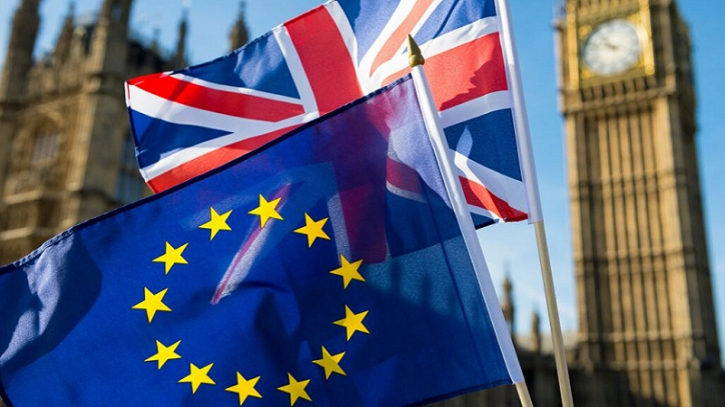European Attitudes Toward UK Rejoining the EU: A Complex Landscape of Conditional Support

Published : 18:07, 13 July 2025
A decade after the UK’s decision to leave the European Union, public sentiment across Europe reflects a nuanced openness to the country’s potential return.
A comprehensive EuroTrack survey conducted by YouGov across six Western European nations reveals that while a majority of respondents in the EU’s four largest member states—France, Germany, Italy, and Spain—would support the UK rejoining the EU, this support is significantly qualified by the terms under which reaccession might occur.
Across these nations, support for the UK’s return to the EU ranges from 51% in Italy to 63% in Germany, indicating a broadly positive disposition among the continental public. However, this endorsement becomes markedly less enthusiastic when considering the specific conditions of re-entry. Only about one-fifth of respondents in each of the major EU countries—ranging from 19% in France and Italy to 22% in Germany—believe that the UK should be allowed to rejoin on the same preferential terms it enjoyed prior to Brexit. These included key opt-outs from the euro currency and the Schengen Area.
A more common stance among respondents, supported by 58–62%, is that any renewed UK membership must entail full participation in all primary EU policy areas, aligning Britain with the bloc's standard integration framework. This sentiment reflects broader concerns about setting precedents for semi-detached membership, which could undermine the EU’s institutional coherence.
When respondents were asked whether the UK should be permitted to rejoin under the condition that it retains its former opt-outs, support dropped further. Between 33% and 36% across France, Germany, Spain, and Italy were in favor of this compromise, but a larger proportion—between 41% and 52%—opposed such an arrangement, suggesting a clear preference for uniformity among member states.
Interestingly, Denmark emerged as a notable outlier in the survey. With 72% of Danish respondents expressing support for the UK’s return to the EU, Denmark demonstrated the highest level of enthusiasm among surveyed nations. Moreover, 43% of Danes favored allowing the UK to retain its previous opt-outs—a position likely informed by Denmark’s own status as one of the few EU states with formal opt-outs from key EU policy domains.
In the UK itself, the data paints a picture of conditional pro-Europeanism. While a majority of Britons—54%—support rejoining the EU when asked in general terms, that figure declines significantly to 36% when full reintegration without previous exemptions is specified. Opposition rises to 45% under such terms, highlighting a domestic tension between the desire for EU membership and reluctance to fully embrace the bloc’s institutional requirements.
The division within the UK electorate is further illustrated by partisan breakdowns. Among those who voted Remain in the 2016 referendum, support for rejoining without opt-outs falls by approximately 25 percentage points. A similar decline is observed among Labour and Liberal Democrat voters. Meanwhile, support among Leave voters and right-leaning parties for rejoining under standard EU conditions is minimal, with numbers falling into single digits for Conservative and Reform UK supporters.
The survey also explored attitudes toward Scottish EU membership in the event of Scottish independence. Respondents in all five continental countries surveyed expressed significant support for an independent Scotland joining the EU, with backing ranging from 63% to 75%. This suggests that, while the UK’s return is viewed through a lens of conditionality and caution, Scotland is perceived more favorably as a potential new entrant under conventional terms.
The data underscores a growing divergence between public sentiment and political feasibility. While public opinion in both the UK and across much of the EU has shifted to favor a closer relationship, particularly in the wake of Brexit’s economic and geopolitical consequences, major institutional and political hurdles remain. The UK’s current government, under the Labour Party, has recently pursued a diplomatic “reset” in EU relations but has given no indication of prioritizing reaccession, particularly under conditions that would involve surrendering key sovereign prerogatives.
The survey results reflect a broader European consensus: the door to EU membership remains open to the UK, but only if it is prepared to re-enter on equal terms with other member states. This stance represents both an invitation and a challenge—highlighting the enduring value of European unity while reaffirming the principles of institutional parity and shared governance.
Source- BBC News, The Guardian.
BD/O











